Category: SOUTH ASIA & ASIA PACIFIC
Black Mirror Statecraft: Combating PRC Hostile Social Manipulation and Sharp Power in an Era of Great Power Competition

Jonathan Lushenko provides his insight on what he terms Black Mirror Statecraft to describe China’s sharp power through hostile social manipulation to exploit democratic ideals of free speech and press to weaken the Liberal International Order in pursuit of broader PRC objectives. Lushenko offers policy prescriptions for the U.S. to enhance its public diplomacy and strategic communications efforts to counter the PRC’s Black Mirror Statecraft.
Strengthening Regional Stability Through the Ulaanbaatar Dialogue
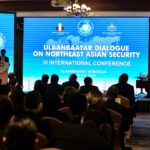
Ms. Bolor Zorigt provides insights on why the Ulaanbaatar Dialogue on Northeast Asian Security has the potential to expand to be a meaningful regional vehicle for peace and diplomacy and how Mongolia can help lead those efforts.
Expert views on the Indo-Pacific: Implications for Canada
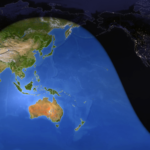
Why is it important for Canada to engage in the Indo-Pacific? What is the role for Canada therein? And how do partners like Japan and Australia view this crucial geostrategic region? To get a better sense of the Indo-Pacific, it’s implications for Canada, its different concepts, interpretations, and more, the Council on International Policy (CIP) hosted an expert webinar conversation on March 25, 2021 with Hideshi Tokushi, Thomas Wilkins, Stephen Nagy, and the CIP’s own Jonathan Berkshire Miller.
Implications of the Proposed China-Iran deal for India
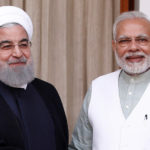
Sruthi V S provides analysis of the implications on India’s foreign policy of Iran and China’s new deal.
North Korea’s Monolithic System & the Juche Ideology
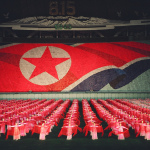
Ian Fleming provides his perspective on the Juche Ideology’s impact on North Korea’s nuclear proliferation.
The UN Security Council is Failing – Why Reform is Needed Now
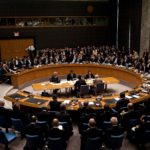
In this piece for the Foreign Policy Project, Breanna Reynolds highlights the need for reform within the UN Security Council, particularly as challenges to international security have become more complex than ever.
U.S. Position in Rohingya Crisis Echoes Past Inaction

In her contribution to the Foreign Policy Project, Gwyneth Bernier highlights U.S. inaction in protecting the Rohingya from genocide.
Strengthening Sea-Based Nuclear Deterrence: North Korea Moving Towards Assured Second Strike Capability
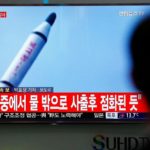
North Korea is making strides in developing survivable nuclear forces, one in which its new SLBM plays a crucial component. Given the difficulties in detecting ballistic missile submarines, SLBMs are arguably the most reliable leg of Pyongyang’s a nuclear deterrent force. CIP Non-Resident Fellow Debalina Ghoshal provides analysis in her latest contribution.
A Look at the Influence of Japanese Security Measures in Global Affairs
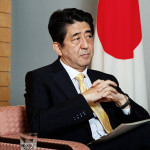
Fuad Olajuwon provides analysis of Japan’s approach to international security, including through peacekeeping operations.
North Korea: The Agitator of East Asia?
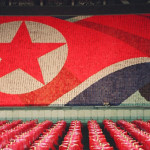
Fuad Olajuwon discusses North Korea’s provocations in his latest for the Foreign Policy Project.
